
The_Economist_USA_-_02_02_2019_watermark
.pdf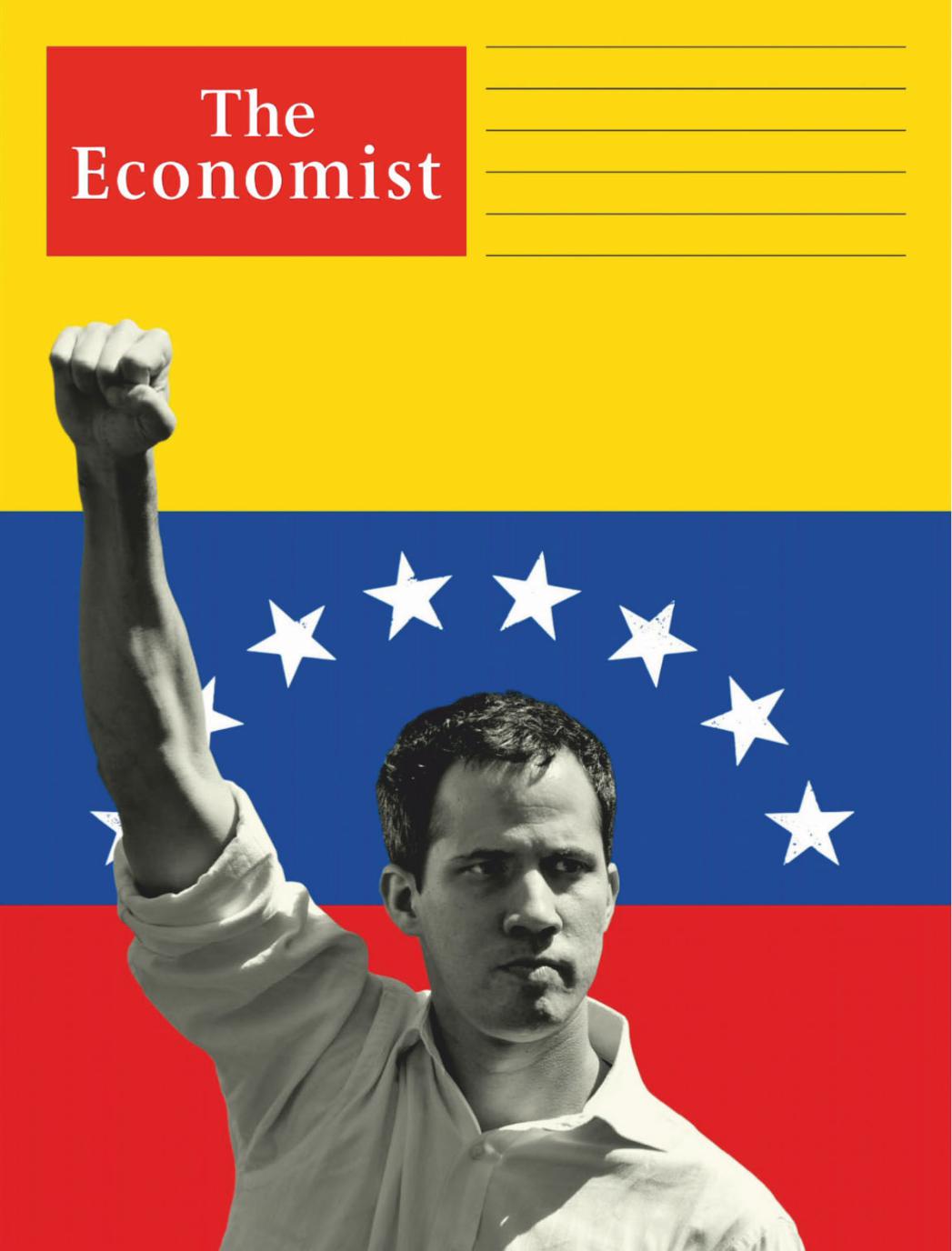
РЕЛИЗ ПОДГОТОВИЛА ГРУППА "What's News" VK.COM/WSNWS
vk.com/id446425943
How to handle Huawei
Talking to the Taliban
Better ways to tax the rich
The future of fertility
FEBRUARY 2ND–8TH 2019
The battle for Venezuela

РЕЛИЗ ПОДГОТОВИЛА ГРУППА "What's News" VK.COM/WSNWS
vk.com/id446425943
Peo
Design
BRIGHTLINE COALITION |
|
ACADEMIC AND RESEARCH COLLABORATION |
PROJECT MANAGEMENT INSTITUTE ҋ BOSTON CONSULTING GROUP |
MIT CONSORTIUM FOR ENGINEERING PROGRAM EXCELLENCE |
|
! "$ ҃+ !" " &ҋ" & $+ |
$& ( !"$+ ! |
|
LEE HECHT HARRISON AGILE ALLIANCEҋ |
ҋ NETEASE |
& ( !"$+$+$) !ҋ INSPER BRAZIL |
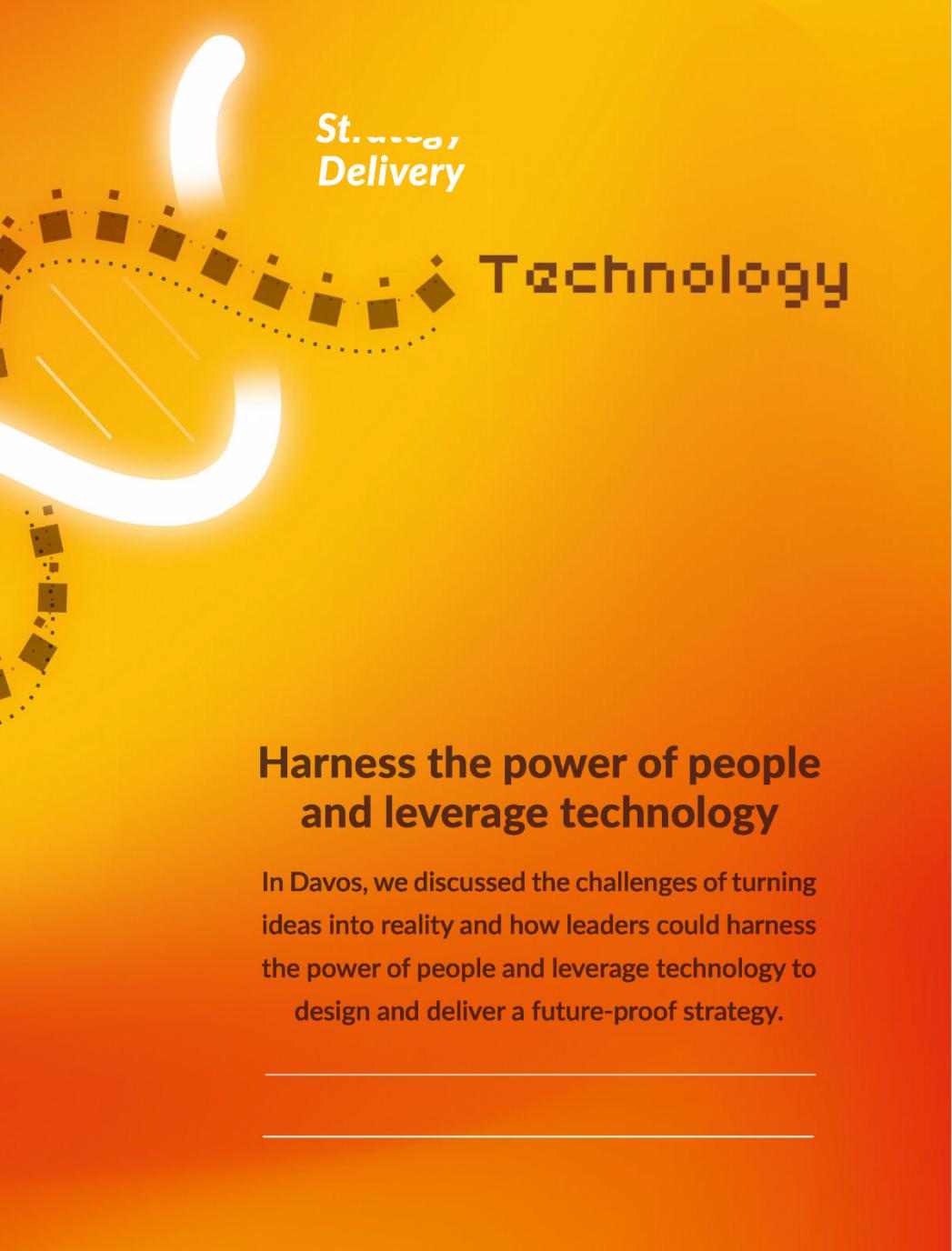
РЕЛИЗ ПОДГОТОВИЛА ГРУППА "What's News" VK.COM/WSNWS
vk.com/id446425943
trategy
Learn more at brightline.org/davos
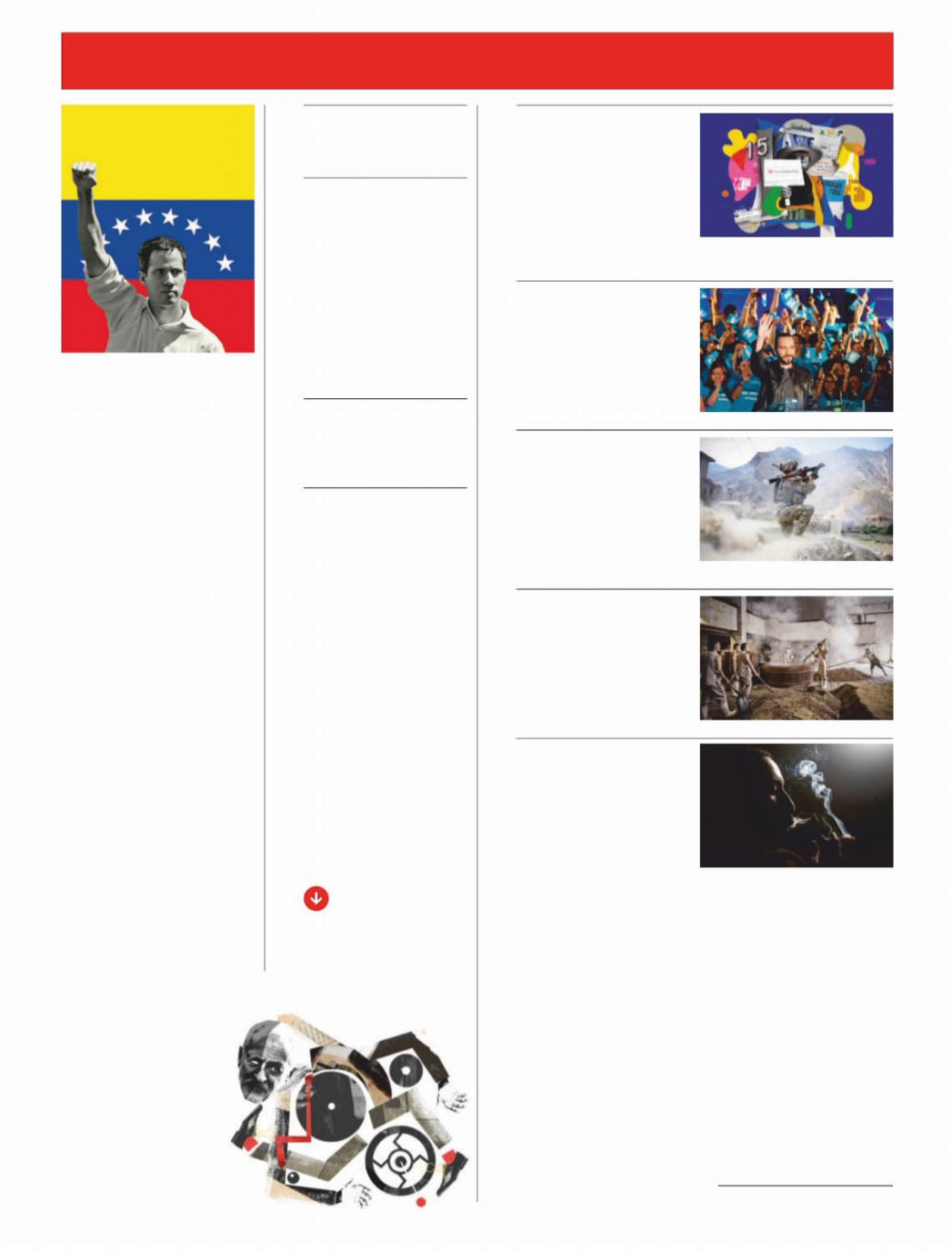
РЕЛИЗ ПОДГОТОВИЛА ГРУППА "What's News" VK.COM/WSNWS
vk.com/id446425943
4 Contents
|
|
|
|
The world this week |
|
|
|
|
6 |
A round-up of political |
|
|
|
|
|
and business news |
|
|
|
|
|
Leaders |
|
|
|
|
9 |
The battle for Venezuela |
|
|
|
|
|
How to intervene |
|
|
|
|
10 |
The war in Afghanistan |
|
|
|
|
|
Talking to the Taliban |
|
|
|
|
10 |
Chinese technology |
|
|
|
|
|
Handling Huawei |
|
|
|
|
11 |
The Brexit negotiations |
|
|
|
|
|
Over to EU |
|
On the cover |
|
12 |
Taxing the rich |
||
|
|
A way through the warren |
|||
The world’s democracies are |
|
||||
|
|
||||
right to seek change in Latin |
|
Letters |
|||
America’s worst-governed |
|
||||
14 |
On childhood, science, |
||||
country. But their |
|
||||
|
|
Wetherspoons, Disney, |
|||
responsibilities go further: |
|
||||
|
Chicago |
||||
leader, page 9 . A failed |
|
||||
|
|
||||
revolution may itself be |
|
Briefing |
|||
overthrown, page 17 |
. How |
17 |
|||
Venezue |
la’seconomy can |
Venezuela |
|||
recover from the Maduro |
|
A chance, at last, |
|||
regime, page 20. |
|
|
for liberation |
||
Hyperinflations can end quickly: |
20 |
The economy |
|||
Free exchange, page 65 |
|
|
The day after |
||
• How to handle Huawei |
|
|
|||
Banning one of China’s leading |
|
|
|||
firms from operating in the West |
|
|
|||
should be a last resort: leader, |
|
|
|||
page 10. |
The tech giant is |
|
|
||
accused of rewarding trade- |
|
|
|||
secret pilferers on staff, |
page 54 |
|
|||
•Talking to the Taliban A deal to end the Afghan insurgency would be wonderful—as long as it is not a figleaf to cover an American retreat: leader,
page 10 . Edging towards a peace deal, page 31
•Better ways to tax the rich
How to raise money, reduce inequality—and limit the economic damage: leader,
page 12 . The Democratic |
|
Bagehot Jeremy Corbyn |
|
presidential primary contest is |
|||
is having a bad Brexit, |
|||
already the most left-wing in |
|||
page 49 |
|||
decades: Lexington, |
page 28 |
||
|
|||
• The future of fertility Thanks to education, global fertility could fall faster than the UN expects, page 50
The Economist February 2nd 2019
United States
21Facebook and America
22The government is open
24Lasers in space
24Picking a mayor
25Roger Stone
28Lexington Democratic populists
The Americas
29El Salvador’s election
30Brazil’s fatal dam disaster
30El Chapo on trial
Asia
31The war in Afghanistan
32Japan and Naomi Osaka
32Jihad in the Philippines
33Religion in Pakistan
33Sexism in Australia
34Banyan In China’s debt
China
35Baijiu’s global quest
37Chaguan The politics of pigs
Middle East & Africa
38Africa’s smack track
39Pain relief in Africa
40Nigeria’s elections
40Lebanon’s debt crisis
41The pope in Arabia
1 Contents continues overleaf
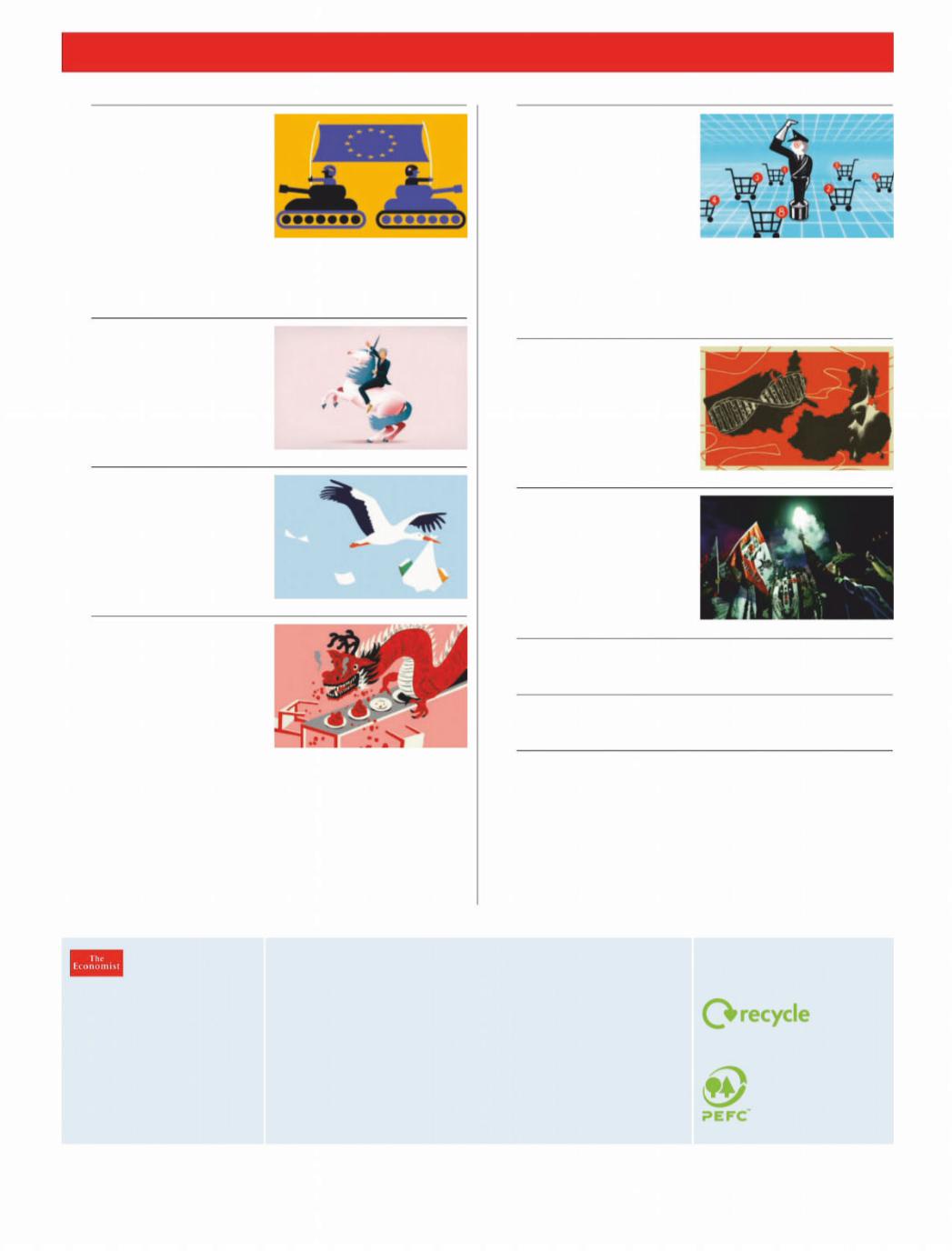
vk.com/id446425943
The Economist February 2nd 2019
Europe
42Regional defence
43How the Baltic states resist Russia
44Catalonia’s trials
44The marten menace
45The gilets jaunes organise
45A Turkish ghost town
46Charlemagne Yanis Varoufakis abroad
Britain
РЕЛИЗ ПОДГОТОВИЛА ГРУППА "What's News" VK.COM/WSNWS
Contents 5
Finance & economics
60Governing e-commerce
61Italy’s struggling economy
62Counting dirty money
62Credit-default swaps
63Buttonwood Heaven can wait
64Bank mergers in the Gulf
64Banking in Puerto Rico
65Free exchange Ending hyperinflation
47May’s temporary triumph
48Labour’s Latin love
49Bagehot Jeremy Corbyn’s bad Brexit
International
50When will humanity shrink?
Business
53The meteoric rise of a Chinese grain trader
54America v Huawei
55Bartleby The joy of missing out
56Comcast’s Sky deal
57Oleg Deripaska
57Harley-Davidson’s woes
58Netflix for video games
59Schumpeter A Brazilian mining disaster
Volume 430 Number 9128
Published since September 1843
to take part in “a severe contest between intelligence, which presses forward,
and an unworthy, timid ignorance obstructing our progress.”
Editorial offices in London and also:
Amsterdam, Beijing , Berlin, Brussels, Cairo, Chicago, Johannesburg , Madrid, Mexico City, Moscow, Mumbai, New Delhi, New York, Paris, San Francisco, São Paulo, Seoul, Shanghai, Singapore, Tokyo, Washington DC
Science & technology
66Stopping ethics dumping
67An Earth rock on the Moon
68SETI with X-rays
68A new typhoid vaccine
69Did people create pandas?
Books & arts
70Football and politics in Turkey
71Wild Bill Hickok
72Don McCullin’s camera
73Johnson Learning from mistakes
Economic & financial indicators
76Statistics on 42 economies
Graphic detail
77The “trilemma” of the Israeli-Palestinian conflict
Obituary
78Frank Blaichman, a leader of the Jewish Partisan Army
Subscription service
For our full range of subscription offers, including digital only or print and digital combined, visit:
Economist.com/offers
You can also subscribe by mail, telephone or email:
North America
The Economist Subscription Center,
P.O. Box 46978, St. Louis, MO 63146-6978 Telephone: +1 800 456 6086
Email: customerhelp@economist.com
Latin America & Mexico
The Economist Subscription Center,
P.O. Box 46979, St. Louis, MO 63146-6979 Telephone: +1 636 449 5702
Email: customerhelp@economist.com
One-year print-only subscription (51 issues):
United States.................................... |
US $158.25 (plus tax) |
Canada................................................ |
CA $158.25 (plus tax) |
Latin America....................................... |
US $289 (plus tax) |
Please
PEFC certified
This copy of The Economist is printed on paper sourced from sustainably managed forests certified to PEFC
PEFC/29-31-58 www.pefc.org
© 2019 The Economist Newspaper Limited. All rights reserved. Neither this publication nor any part of it may be reproduced, stored in a retrieval system, or transmitted in any form or by any means, electronic, mechanical, photocopying, recording or otherwise, without the prior permission of The Economist Newspaper Limited. The Economist (ISSN 0013-0613) is published every week, except for a year-end double issue, by The Economist Newspaper Limited, 750 3rd
Avenue, 5th Floor, New York, N Y 10017. The Economist is a registered trademark of The Economist Newspaper Limited. Periodicals postage paid at New York,NY and additional mailing offices. Postmaster : Send address changes to The Economist, P.O. Box 46978, St. Louis , MO. 63146-6978, USA. Canada Post publications mail (Canadian distribution) sales agreement no. 40012331. Return undeliverable Canadian addresses to The Economist, PO Box 7258 STN A, Toronto,
ON M5W 1X9. GST R123236267. Printed by Quad/Graphics, Saratoga Springs, NY 12866

РЕЛИЗ ПОДГОТОВИЛА ГРУППА "What's News" VK.COM/WSNWS
vk.com/id446425943
6 The world this week |
Politics |
The Economist February 2nd 2019
More Venezuelans took to the streets to demand that Nicolás Maduro, who rigged an election last year, step down in favour of the head of the national assembly, Juan Guaidó, as the constitution prescribes. Mr Guaidó is recognised by most Latin American democracies, as well as the United States and Canada. Several European countries said they would recognise Mr Guaidó unless elections are called soon. Mr Maduro, whose misrule has led to hyperinflation and food shortages, retains the support of Russia, Turkey and, lukewarmly, China. Mr Guaidó
said he had held secret talks with the Venezuelan army to persuade it to switch sides.
America said that payments for oil imports from Venezuela would be put into accounts that would be available only to a democratic government.
A court in northern China sentenced a human-rights lawyer, Wang Quanzhang, to four and a half years in prison for “subversion”. He was the last to go on trial of more than 200 lawyers and activists who were detained in 2015. Journalists, diplomats and Mr Wang’s wife were barred from the proceedings.
It’s my way or the Huawei
Canada ’s prime minister, Justin Trudeau, fired his country’s ambassador to China John McCallum. Mr McCallum had ru ed feathers when he suggested that Meng Wanzhou, a senior executive of Huawei, a technology firm, might have
strong grounds to challenge a |
forces if the Taliban promise |
|
||
request for her extradition |
not to harbour terrorists, stop |
|
||
from Canada to the United |
fighting and begin talks with |
|
||
States to face fraud charges. |
the Afghan government. |
|
||
The Supreme Court of |
Paki- |
|
|
|
stan rejected a petition calling |
An artless deal |
|
|
|
for a review of its earlier deci- |
The government shutdown in |
|
||
sion to acquit Asia Bibi, a |
America ended on January 26th |
|
||
Christian woman accused of |
after 35 days, making it the |
|
||
blasphemy. Rioting zealots had |
longest in history. President |
|
||
previously called for her to be |
Donald Trump blinked first in |
|
||
hanged anyway. This time |
his dispute with Congress, |
|
||
protests were muted, as 3,000 |
having promised to keep the |
|
||
zealots had been locked up. |
government closed until he |
|
||
|
|
received funding to build a |
|
|
Two bombs exploded near a |
wall on the Mexican border. |
|
||
cathedral in the |
Philippines, |
But he warned there would be |
|
|
killing 20 people and injuring |
another shutdown—or that he |
|
||
many more. Islamic State |
would declare a national emer- |
|
||
claimed responsibility for the |
gency—if legislators did not |
|
||
attack, which came just after |
fund his wall by February15th. |
|
||
voters in the Muslim-majority |
|
|
|
|
region voted in favour of more |
Roger Stone |
, a former adviser |
||
political autonomy. |
|
to Mr Trump, was arrested in |
|
|
, |
|
Florida. The o ce of Robert |
|
|
American o cials said they |
Mueller, the special counsel |
|
||
were making progress in talks |
investigating links between |
|
||
with the Taliban about ending |
Russia and Mr Trump’s elec- |
|
||
the war in Afghanistan. Amer- |
tion campaign, levelled seven |
|
||
ica has o ered to withdraw its |
charges against Mr Stone, |
1 |
||
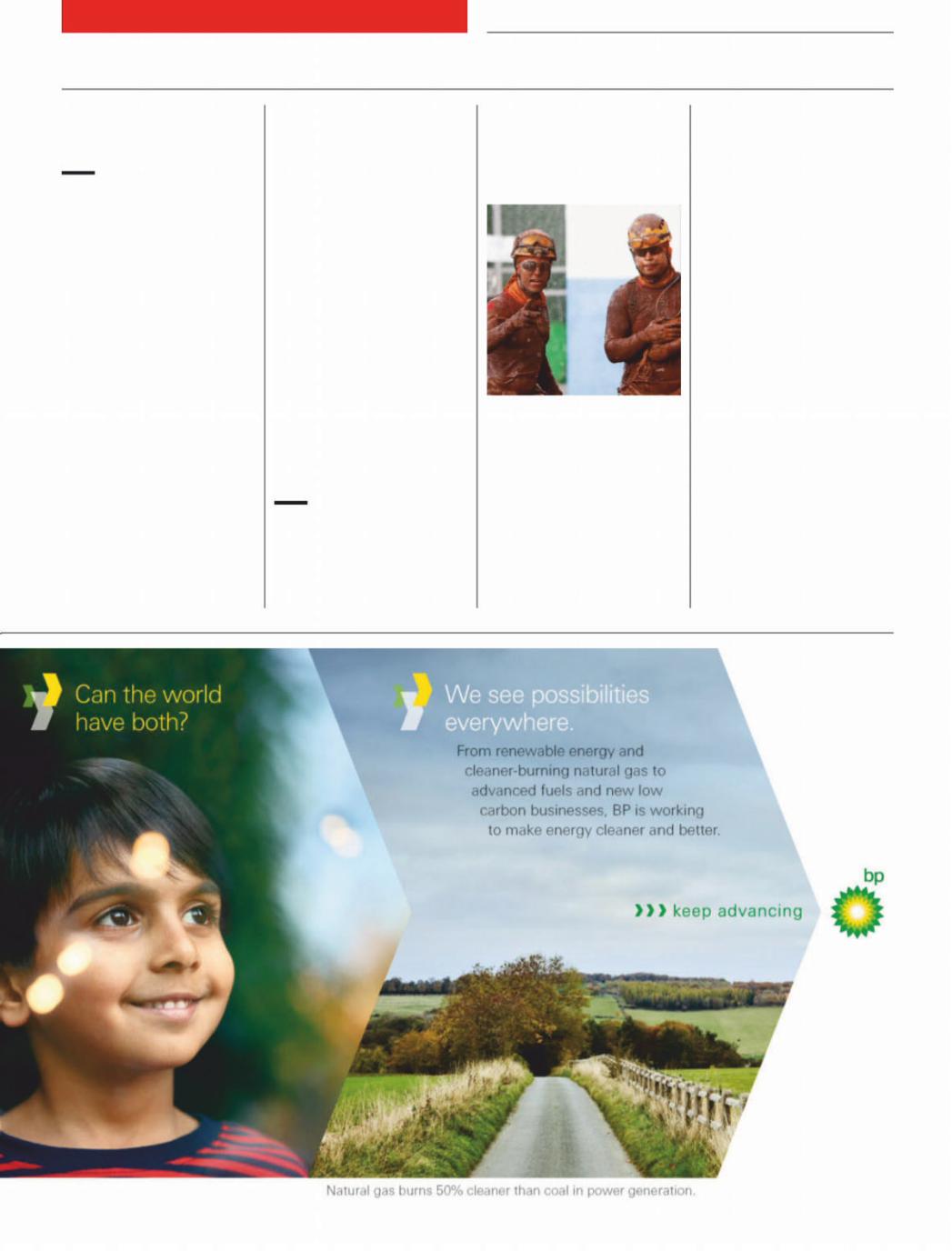
|
РЕЛИЗ ПОДГОТОВИЛА ГРУППА "What's News" VK.COM/WSNWS |
vk.com/id446425943 |
|
The Economist February 2nd 2019 |
The world this week 7 |
2including witness tampering and obstructing an o cial proceeding.
Time to smell the coffee
Howard Schultz, a former boss of Starbucks, said he was considering running as an independent candidate in the next presidential election. Critics warned that doing so would split the anti-Trump vote, thus helping the president to secure another term.
A polar vortex froze the American Midwest, with temperatures falling to -33oC in Chicago. At least eight people have died because of the inclement weather.
Britain’s Parliament voted to back the Brexitdeal proposed by Theresa May, the prime minister, so long as she replaces the Irish “backstop”, which seeks to avoid a hard border in Ireland, with some unspecified alternative. Michel
Barnier, the eu ’s lead negotiator, said he was unwilling to reconsider the previous agreement. Jeremy Corbyn, Britain’s opposition leader, met Mrs May to discuss options.
Greece voted to recognise Macedonia, its neighbour, under the new name of North Macedonia. The agreement opens the door to North Macedonia’s admission to the eu and nato.
Gilets jaunes protesters in
France set up not one but two new political parties. Neither sounds coherent. One vows to “remake politics around the heart and empathy”. Other gilets jaunes denounced the party-builders for selling out.
Pride, swallowed |
’sItalydeputy |
Matteo Salvini, |
prime minister, asked his government to bar prosecutors from pressing potential kidnapping charges against him.
He is in trouble over his order to stop177 migrants from leaving a boat. Mr Salvini had previously welcomed the trial, saying he was proud to defend his country.
Zimbabwe’s police and army have been accused of mass rapes, beatings and robbery while crushing protests against costly fuel.
Benny Gantz, a retired general, jumped in opinion polls after launching his campaign for Israel’s parliamentary elections, due in April. No one is sure what he stands for, but Mr
Gantz’s new party is expected to win more than 20 seats in the120-seat Knesset. Likud, the party of Binyamin Netanyahu, the prime minister, is expected to win 30 or so.
More than130 people are feared to have drowned o the coast of Djibouti after two boats carrying migrants capsized. The vessels were carrying people from Africa to the Arabian peninsula, where they were hoping to seek work.
A judicial commission into corruption in South Africa has heard testimony from a businessman that government o cials and members of the ruling African National Congress were put on monthly retainers, paid bribes and given gifts including sports cars by a firm that won government contracts. The daughter of one minister was also offered driver training because she kept crashing the cars she had been given.
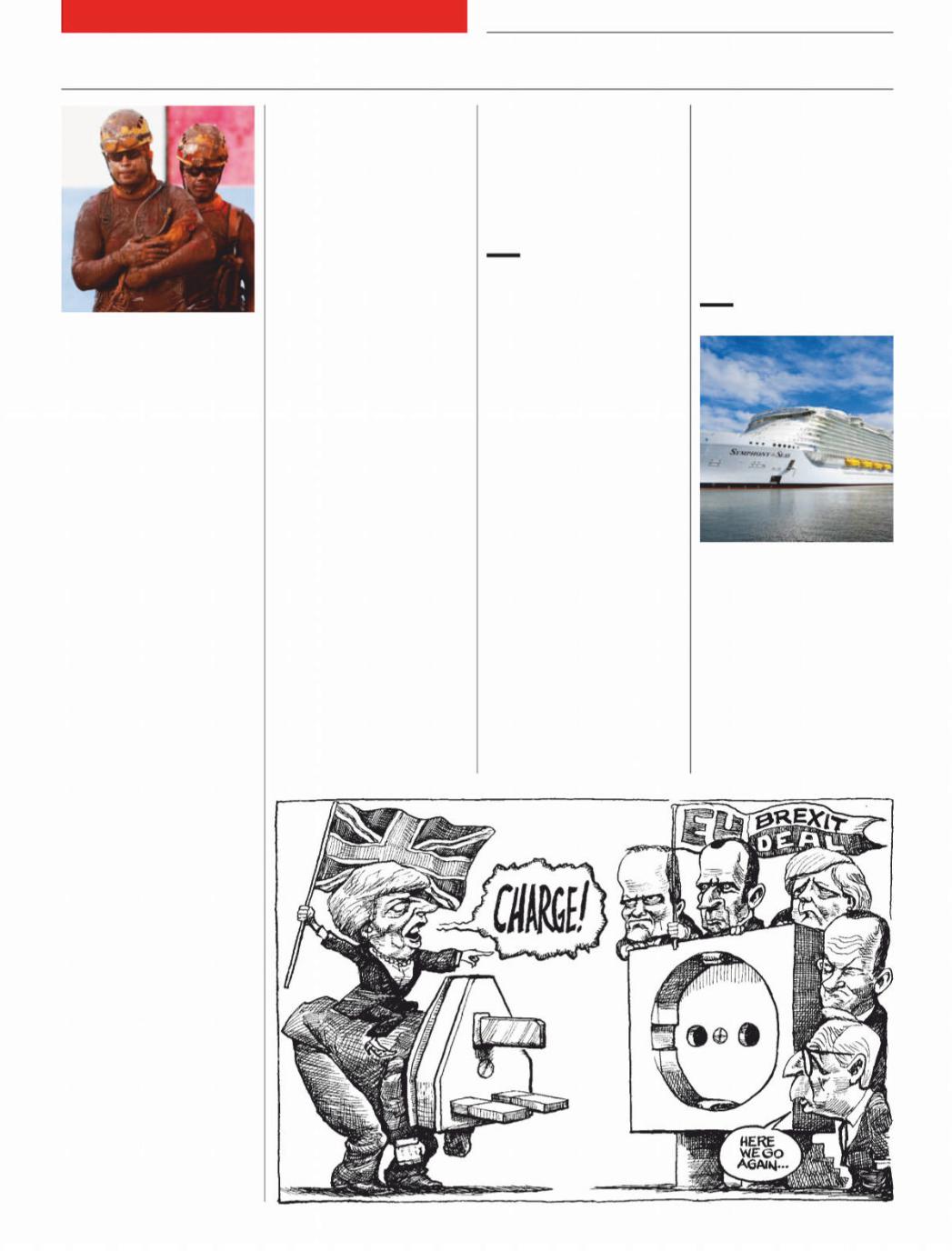
РЕЛИЗ ПОДГОТОВИЛА ГРУППА "What's News" VK.COM/WSNWS
vk.com/id446425943
8 The world this week |
Business |
The Economist February 2nd 2019
|
|
Ocean. But it is now paying the |
said the company would re- |
|
|
price for expanding too fast; |
duce its headcount by15%, or |
|
|
last year it lost NKr3.8bn. |
iagby about, 250 jobs, according to |
|
|
an airline group that owns |
the Wall Street Journal. Verizon |
|
|
British Airways, recently |
Media Group, which owns rival |
|
|
pulled out of takeover talks |
websites such as Hu Post, |
|
|
with Norwegian and sold its |
Yahoo, and aol, also said it |
|
|
stake in the airline. |
would sack 800 employees. |
|
|
The euro zone’s economy |
No pig’s land |
|
|
failed to bounce back in the |
|
|
|
final three months of 2018, |
Denmark is to build a 70km |
|
Vale |
with growth remaining at 0.2% |
fence along its German border |
A dam belonging to |
, theinboth the third and fourth |
to repel stray pigs. It will be |
|
world’s largest iron-ore pro- |
quarters. Italy fell into reces- |
constructed to stop the spread |
|
ducer, collapsed in Brazil, |
sion over the period. Mean- |
of African swine fever. The |
|
killing at least 84 people. About |
while, Spain’s unemployment |
Danes, famed for their exports |
|
276 are still missing. The com- |
rate fell to14.5% in the last |
of bacon and other pork pro- |
|
pany’s share price has fallen by |
quarter of 2018, its lowest rate |
ducts, are worried about in- |
|
18% since the collapse; in- |
in a decade. Although 3.3m |
fected wild boar bringing the |
|
vestors fear a torrent of com- |
people in the country are still |
untreatable disease north, |
|
pensation claims and regu- |
looking for work, the un- |
which could devastate live- |
|
latory fines. The firm said that |
employment rate has fallen |
stock and hurt the country’s |
|
it will decommission dams |
steadily since its peak of nearly |
farming industry. |
|
similar to the one that col- |
27% in 2013. |
De Beers , the world’s largest |
|
lapsed, a move which will |
|
||
reduce its annual output of |
Boeing , the American aero- |
producer of diamonds, said |
|
iron ore by10%. |
|
space giant, announced that |
sales fell by a quarter at the |
|
|
annual revenues last year |
start of this year. The mining |
In America, the |
Federal Re- exceeded $100bn for the first |
giant is particularly being |
|
serve ditched its guidance to |
time, helped by strong demand |
a ected by slower economic |
|
investors suggesting that |
for its commercial aircraft. Last |
growth in China, the world’s |
|
further rises in interest rates |
year the firm received 20% |
second-biggest consumer of |
|
lie ahead. The American cen- |
more orders for its civil jets |
the stones. |
|
tral bank pledged to be “pa- |
than its European rival, Airbus. |
|
|
tient”, citing low inflation and |
|
A government-appointed |
|
recent economic turbulence as |
BuzzFeed , a news website oncecommission in Germany |
||
reasons not to raise rates. It |
known for “listicles”, an- |
agreed that the country should |
|
also said it would slow down |
nounced another round of job |
phase out the use of coal by |
|
its policy of shrinking its bal- |
losses. BuzzFeed’s founder and |
2038. The body agreed that a |
|
ance-sheet if needed. |
|
chief executive, Jonah Peretti, |
total of at least €40bn ($46bn) |
America’s Justice Department accused Huawei, a Chinese technology company, of a series of misdeeds including theft of intellectual property and the obstruction of justice. Huawei is also accused of duping four banks into violating sanctions on Iran, on which basis Canadian police arrested Meng Wanzhou, its chief financial o cer, in December. America formally requested her extradition this week. If the allegations against Huawei are proven, American firms could be banned from selling it their technology.
Norwegian Air said that it would try to raise NKr3bn ($350m) in a rights issue. The troubled carrier bet the house on making a success of lowcost flights across the Atlantic
should be provided in aid for coal-mining states a ected by the move, which is less than the figure of around €60bn they had asked for. It is hoped that the new target will partly o set the extra carbon emissions caused by Germany’s abandonment of nuclear power, which its government announced in 2011.
Sailing high
Royal Caribbean , a cruise line based in America, announced
that revenues in the last three months of 2018 rose by16% and profits by 9.6%, year on year. Bookings for cruise holidays were unexpectedly healthy over the winter. Last year the company expanded by acquiring Silversea Cruises, a luxury brand, and launching into service the Symphony of the
Seas , the largest passenger ship in the world by gross tonnage.
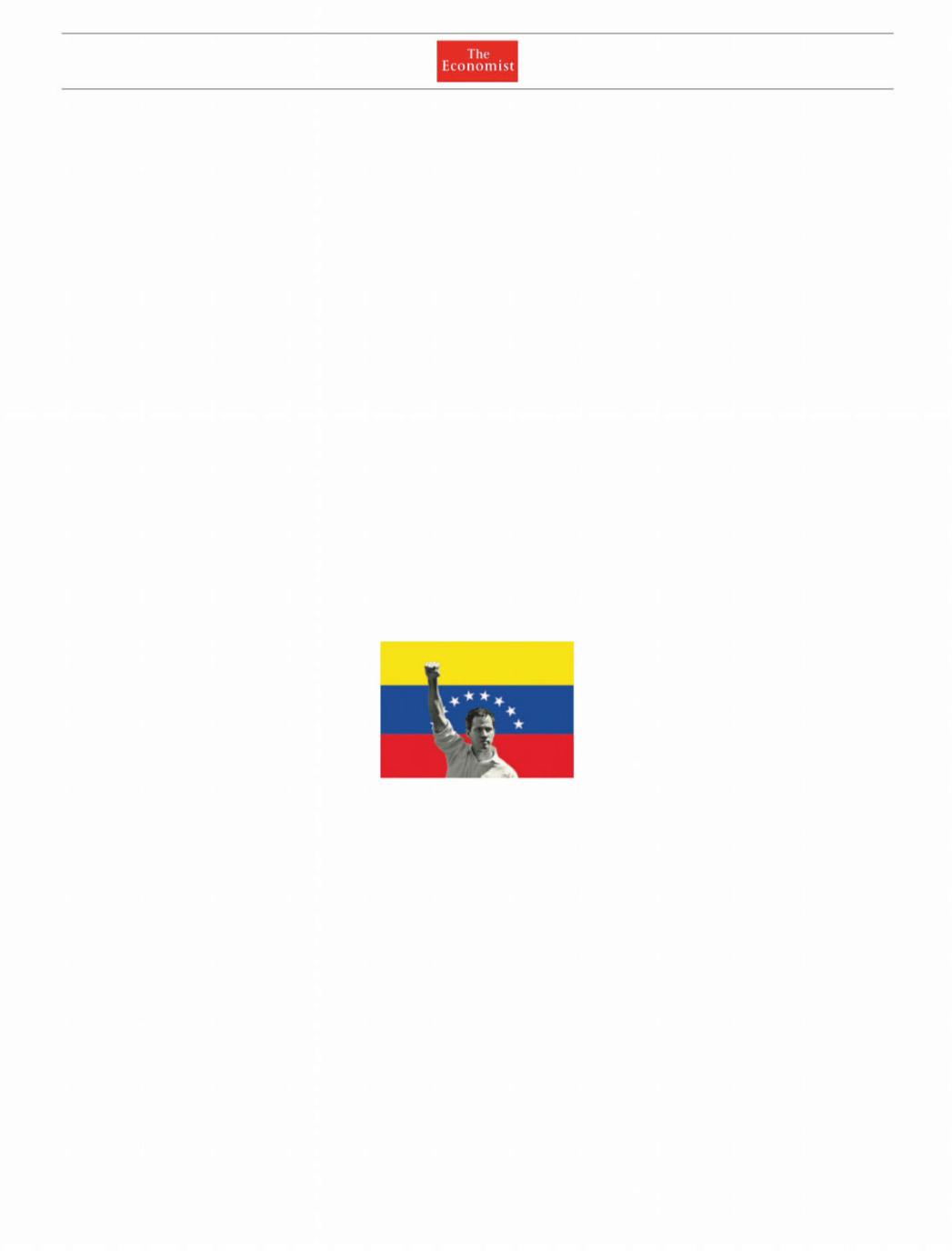
РЕЛИЗ ПОДГОТОВИЛА ГРУППА "What's News" VK.COM/WSNWS
vk.com/id446425943
Leaders
Leaders 9
The battle for Venezuela
The world’s democracies are right to seek change in Latin America’s worst-governed country
If protests alone could oust a president, Nicolás Maduro would already be on a plane to Cuba. On January 23rd at least 1m Venezuelans from across the country took to the streets demanding Mr Maduro step down. They were answering the call of Juan Guaidó, who last week proclaimed himself the rightful head of state. Mr Guaidó has won the backing of most of Latin America, as well as the United States and Europe. Protests planned for February 2nd promise to be even bigger. But Mr Maduro is sup-
ported by the army as well as Russia, China and Turkey. As Economist went to press, he was still holding on to power.
Much is at stake. Most important is the fate of 32m Venezuelans made wretched by six years under Mr Maduro. Polls suggest that 80% of them are sick of him. Other countries are also hurt by Venezuela’s failure. The region is struggling with the exodus of over 3m of its people fleeing hunger, repression and the socialist dystopia created by the late Hugo Chávez. Europe and the United States su er from Venezuela’s pervasive corruption, which enhances its role as a conduit for narcotics. And as world leaders pile in for Mr Maduro or against him, they are battling over an important idea which has lately fallen out of favour: that when a leader pillages his state, oppresses his people and subverts the rule of law, it is everybody’s business.
The scale of the disaster Mr Maduro has brought down upon Venezuela is hard to comprehend. In the past
five years gdp has fallen by half. Annual inflation is reckoned to be 1.7m per cent (the government no longer publishes the numbers), which means that bolívar savings worth $10,000 at the start of the year dwindle to 59 cents by the end. Venezuela has vast reserves of oil and gas, but the state oil company has been plundered and put under one of the country’s 2,000 generals,
who has watched production tumble to1.1m barrels a day. People are malnourished and lack simple medicines, including antibiotics. Hospitals have become death traps for want of power and equipment. Blaming his troubles on foreign conspiracies, Mr Maduro has rejected most o ers of humanitarian aid.
Despite this litany of su ering many outsiders, especially on the left, argue that the world should leave Venezuelans to sort out their di erences. Some adopt Mr Maduro’s view that Mr Guaidó’s claim to the presidency, recognised immediately by the United States, is really a coup. Russia, which has worked hard to discredit the idea that Western intervention can ever be benign or constructive, is reported to have sent 400 troops from a private military contractor, also spotted in Syria, Ukraine and parts of Africa, to protect either the regime or Russian assets.
Abandoning Venezuela to the malevolent rule of Mr Maduro would be wrong. If anyone has launched a coup it is he. He was inaugurated on January10th for a second term having stolen last year’s election. In his first term, won in 2013 in another dubious vote, he eroded democracy by silencing critical media and eviscerating the constitution. He packed the electoral commission and the supreme court with puppets and neutered the national assembly, which the opposition controls. By contrast, Mr Guaidó has a good claim to legitimacy. As head of the national assembly,
he serves as acting president if the o ce is vacant—which, because Mr Maduro is not a legitimate occupant, it is.
The question is not whether the world should help Mr Guaidó, but how (see Briefing). This week the United States, still Venezuela’s main trading partner, imposed what amounts to sanctions on oil exports and on imports of the diluents needed to market its heavy oil. By ordering that payments for Venezuelan oil must be put in bank accounts reserved for Mr Guaidó’s government, the UnitedThe States aims to asphyxiate the regime, in the hope that the armed forces will switch to Mr Guaidó.
One danger is that Mr Maduro digs in and orders the security
forces and the collectivos , organised thugs at the regime’s service, to impose terror. Another is that the United States overplays its
hand. Just now it is working with the Lima group of regional governments. But its sanctions could hurt the people more than the regime. If, bent on regime change, it acts unthinkingly, it could come to be seen once again in Latin America as imperialist and overbearing. Russia is portraying the United States’s intervention as an attempt to dominate its backyard. Its media are already saying that Vladimir Putin’s interest in Ukraine is no di erent. The situation is a test of President Donald Trump and his for- eign-policy team, including the hawkish national security adviser, John Bolton. This week Mr Bolton hinted at the use of
American troops. Barring state violence against American citizens, that would be a mistake.
Mr Guaidó’s backers have ways to help without resorting to force or dirty tricks. These fall into two categories. The first includes incentives for Venezuelans to demand change, for the army to abandon the regime and for Mr Maduro to go. Now that Mr Guaidó has been recognised as interim president, he stands to control bil-
lions of dollars of Venezuela’s foreign assets if power shifts. The national assembly has passed a law o ering an amnesty to soldiers and civilians who work to re-institute democracy. Mr Maduro is being promised the chance to flee the country.
The second way to help is to let Venezuelans know that the world is ready if Mr Guaidó takes power. The lesson from the Arab spring is that even a leader who starts by sweeping away a tyrant must bring improvements rapidly or risk losing support. The immediate priorities will be food and health care. The very fact of a new government will help stop hyperinflation (see Free exchange), but Venezuela will also need real money from abroad—international lenders, including the imf , should be generous. The to-do list is long: Venezuela will need to remove price controls and other distortions and build a social safety-net. It must restart the oil industry, which will entail welcoming foreign investment. Its debt will need restructuring—including the debt to Russia and China which is due to be paid in oil. And amid all this, Mr Guaidó’s caretaker government must hold elections.
A generation ago, Venezuela was a functioning state. It can be again. It is blessed with oil and fertile land. It has an educated population at home and in the diaspora that fled. And in Mr Guaidó it has a leader who, at last, seems to be able to unite the fractious opposition. But first it must get rid of Mr Maduro. 7
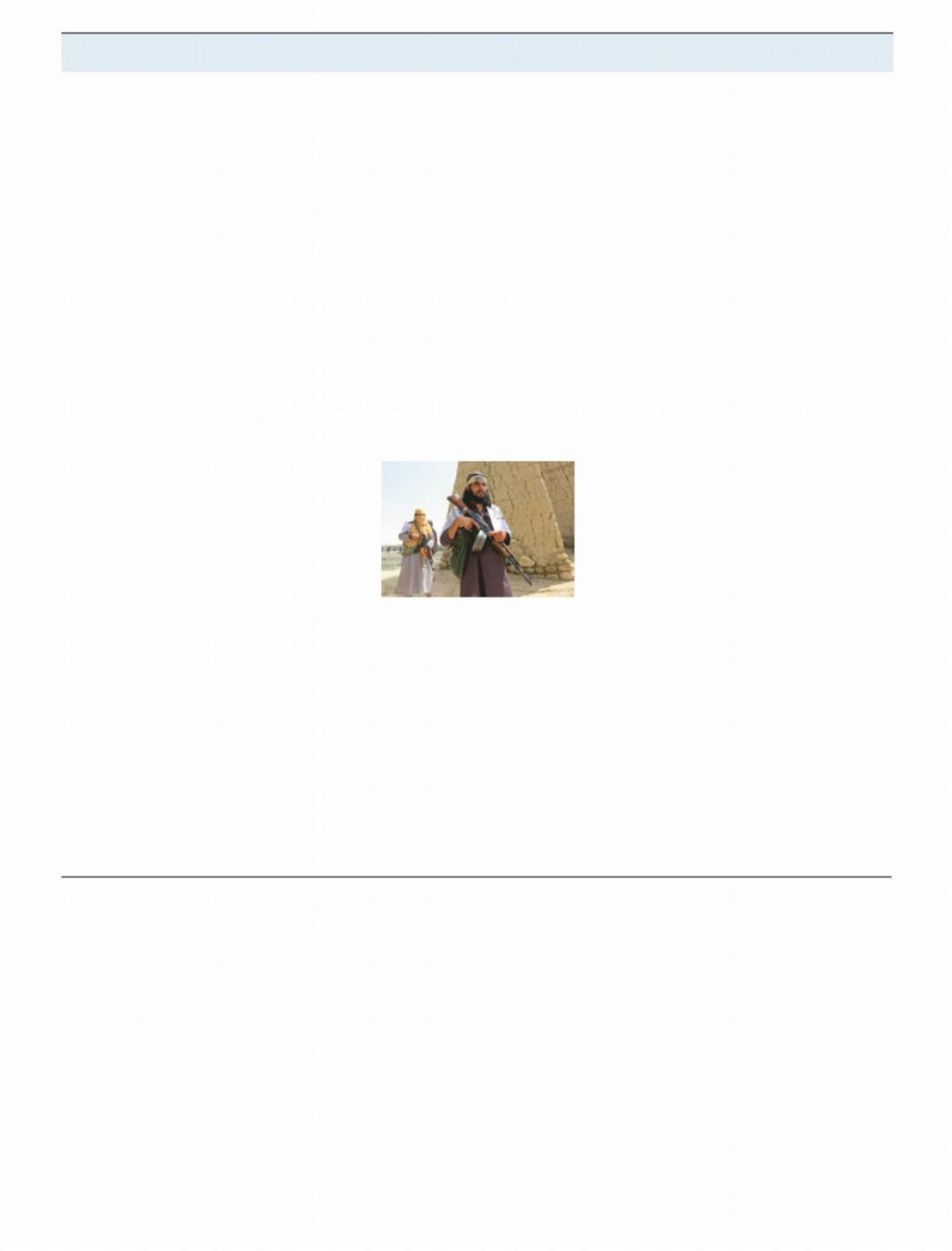
|
РЕЛИЗ ПОДГОТОВИЛА ГРУППА "What's News" VK.COM/WSNWS |
vk.com/id446425943 |
|
10 Leaders |
The Economist February 2nd 2019 |
|
The war in Afghanistan |
|
Talking to the Taliban |
A deal to end the Afghan insurgency would be wonderful—as long as it is not a figleaf to cover an American retreat
After more than 17 years, it is the longest war in American history. American forces are no closer to defeating the Tali- ban—the repressive Islamist militia that ruled most of Afghanistan before 2001—than they were a decade ago. In fact, the share of the country under full control of the elected, Americanbacked government is humiliatingly small. The conflict has reached something close to a stalemate, but a bloody one: some 10,000 police and soldiers, 3,400 civilians and an unknown number of insurgents died in 2017 alone. Since then, the authorities have stopped releasing data on military casualties—not, pre-
sumably, because things have got better.
The news that America and the Taliban are making headway in negotiations to end the conflict is therefore welcome (see Asia section). Zalmay Khalilzad, America’s chief ne-
gotiator, says the two sides have agreed on a “framework” for a deal. America would withdraw its troops in exchange for an undertaking from the Taliban not to provide sanctuary to foreign terrorists, as they once did for Osama bin Laden. The Taliban would also have to agree to a ceasefire and begin negotiations with the Afghan government, which they have long denounced as an American creation.
The goals of drawing the Taliban into peaceful politics and thus extricating America from a costly and destructive conflict are the right ones. But there are, sadly, many reasons to fear that the framework will not produce either outcome. For one thing, the details will be thorny. The Taliban already sound lukewarm about the ceasefire and the talks. Setting the order in which the agreed steps are taken could also be a stumbling block, especially when it comes to the timing and pace of America’s withdrawal.
Another worry is that the Taliban will promise the moon to rid themselves of the Americans, on the entirely reasonable assumption that, even if they go on to break their word, the gi s are unlikely to return. The American-led mission in Afghanistan is
called Resolute Support, but the resolve of President Donald Trump, at least, is clearly dissipating. He has made no secret of his desire to bring American troops home, and given no sign that he values the things their presence achieves.
Before America toppled the Taliban regime, Afghanistan was a violent theocratic despotism. Women were not allowed out of their homes unless covered head to toe and accompanied by a male relative. Any departure from the Taliban’s barbaric version of Islam, such as dancing or shaving or educating girls, could earn floggings, imprisonment or even death. Ancient statues were dynamited as pagan idols. Keeping such zealots at bay, for as long as they try to impose their beliefs by force, is an incalculable benefit to the two-thirds of Afghans (some 24m people) who
live in government-controlled areas.
There are benefits for America, too. If the Taliban were to overthrow the Afghan government after an American withdrawal, it would be a humiliation on a par with Vietnam. Even if the government staggered on, a pull-out without a solid peace agreement would cause chaos. Regional powers such as China, India, Iran, Pakistan and Russia would all struggle to fill the
vacuum. At best, the result would be a gruesome surge in fighting; at worst, the whole region could be destabilised. An o shoot of the Taliban in Pakistan set o something close to civil war there in 2014. America could easily be sucked back in.
With a force of 140,000, America could not wipe out the Taliban. But with a mere 13,000 troops bolstering the Afghan army today, it seems able to keep the insurgents more or less in check. Mr Khalilzad should be clear that America is looking for a durable settlement, not a figleaf to cover its retreat. Its troops should stay until the Taliban show that they are sincere about taking up politics and laying down arms. Otherwise, the Taliban will have no reason to change their stripes—and Afghanistan, already at war for 40 years, will be condemned to yet more conflict. 7
Chinese technology
How to handle Huawei
Banning one of China’s leading firms from operating in the West should be a last resort
n january 28th |
Liu He, a Chinese vice-premier, landedguisein . The first is benign: it is China’s most successful global |
|
OWashington ready for talks to calm the trade war between |
firm. Last year it booked $110bn of sales and shipped 200m |
|
America and China. Instead he was met by a geopolitical tem- |
smartphones. It has built 1,500 networks, reaching a third of the |
|
pest. That day America’s attorney-general charged Huawei, one |
planet’s population. Huawei’s second face, prosecutors allege, is |
|
of China’s biggest firms, with 23 crimes, including sanctions- |
that of a grubby enterprise that breaks laws for profit. They say it |
|
busting, stealing corporate secrets and obstructing justice. |
o ered bonuses to sta who stole intellectual property and that |
|
American o cials also made clear that they view Huawei as a |
Meng Wanzhou, its finance chief and the daughter of its founder, |
|
threat to national security, since it builds the telecoms networks |
misled banks about doing business in Iran. She was arrested in |
|
that underpin modern societies. Some 170 countries that use |
Canada in December and courts there are considering an Ameri- |
|
Huawei must now decide whether doing business with it is safe. |
can extradition request. China says the allegations are a “smear”. |
|
That decision is hard, because Huawei has more than one |
Huawei’s third identity is the most disturbing and the hardest1 |
|
